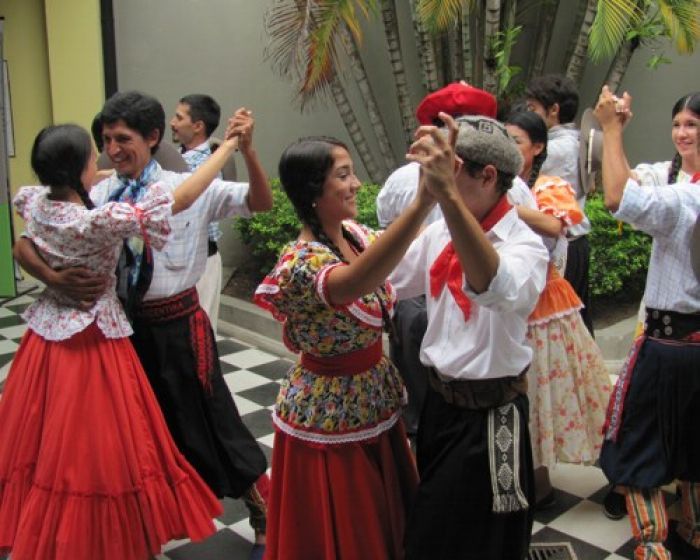JB: (Julie Buck) Are you ready for our interview?
TR: (Tilly Ramez — fake name) Yes. I was thinking what is your interest about…?
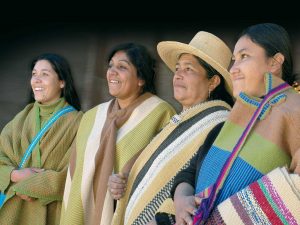 JB: Okay so we want to talk about tradition, authentic community life, so basically what is it like to be living in Argentina as a community. So what is your authentic community tradition? What is family life like, and then tell me about the different religions, and about the province. And also if you have any type of institute, like if you have elders or like how does your society direct itself? So those are the questions that we can use to start off with. Then if you want to talk more about another topic, that’s great.
JB: Okay so we want to talk about tradition, authentic community life, so basically what is it like to be living in Argentina as a community. So what is your authentic community tradition? What is family life like, and then tell me about the different religions, and about the province. And also if you have any type of institute, like if you have elders or like how does your society direct itself? So those are the questions that we can use to start off with. Then if you want to talk more about another topic, that’s great.
TR: Okay.
JB: So you are from Argentina so what part of Argentina have you grown up in?
TR: Okay, so I live in the north part of Argentina. It is a place called Jujuy.
TR: Jujuy. Up to the north we are close to Bolivia. To the west, are the mountains and then Chile, to the east and south with other provinces in Argentina. So the country is divided into provinces. There are twenty-three of them. We have a president and a vice president and then the provinces are run by the government. Because it is a big country there are big differences in culture. It is very different in the north from Buenos Aires, for example. Because in Buenos Aires it is the main capital city and it is concentrated with the wealth of the country, people that go abroad may leave from there and they have very distinctive manners and behavior and even worth. So when I was in Argentina people used to say, ‘but you don’t look Argentinian,’ and I say I don’t look Argentinian because where I come from we behave differently. We are much calmer. We don’t tend to shout and behave like people in Buenos Aires. But something I find is very common is the same, goes across the country, is the way we practice, say friendship, friendshipness. Do you say friendship? That is very common in the whole country.
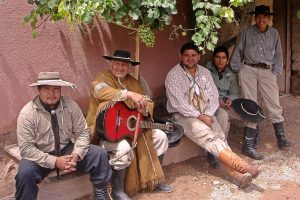 JB: So when you say friendshipness that means people are kind to each other?
JB: So when you say friendshipness that means people are kind to each other?
TR: Usually yeah. Someone was saying oh because in Europe when you want to visit someone you have to ask for a… it is not a date… it is an appointment. Here in Argentina we just don’t. You may call someone and say, “Hey what if we just go out for a coffee,” or just pop in and say hello. That still happens here. That’s the big difference with other countries.
JB: Beautiful.
JB: Is it like that in Buenos Aires as well?
TR: As well, yes. Even though it is a big country, a big city, it is still happening like that, maybe not so often, as often in here, as it is happening here but yes.
JB: What is the relationship like between parents and children?
TR: Hum…
JB: Is it, would you say there is a good relationship between parents and children as far as parents taking care of their children.
TR: Yeah.
JB: Do parents drop their kids off at daycare and go to work or do moms stay home and raise their children or how does that work?
TR: Um-hum. Okay. If they have to work they have to earn money to pay someone to look after their children. That also depends on the social-economic level, but usually you find that parents go out in the daytime. Here in this small city the working hours are four hours in the morning, then there is a break for lunch, and then start back in the afternoon.
JB: What is the school day like for kids?
TR: The primary school is for seven years. You go for seven years. Secondary school is five years, and they go four hours in the morning and then in the afternoon it depends on the families, but the kids may have different activities like studying English, or music, or going to some sports.
JB: Do the kids help out doing work at home, like helping clean up?
TR: Ah yes, that depends on the family. But yes, it happens and during the weekends, they go… all the family goes out or stays inside together.
JB: And what type of games do they play or sports?
TR: Mmm… sports. The most popular ones are football, soccer. We call it football here. And that’s the most popular and now well I guess it is a global behavior. All of them keep the computer and the play stations, the screens. And parents don’t know how to handle it and it’s like they blame the system. They blame the screens but they allow their kids to be with their phones all day.
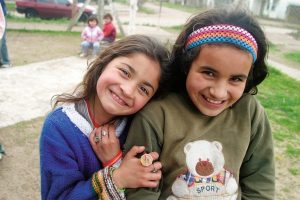 JB: So you said families enjoy sitting out together in the evening. Do they usually eat a meal together in the evening and then enjoy being outside?
JB: So you said families enjoy sitting out together in the evening. Do they usually eat a meal together in the evening and then enjoy being outside?
TR: Yes. There is a difference between Buenos Aires which is a big city, and here which is a small one; the family, they get together at lunchtime and then at dinnertime, or they have the opportunity of doing so.
JB: And what does a typical dinner look like, as far as what would you eat?
TR: That depends on the social-economic level. But basically it is meat and rice or noodles. It depends on the person. Maybe they enjoy some vegetables, not so often because they are much more.
JB: And what’s a typical… Do you have breakfast as well?
TR: Yes a typical breakfast could be coffee and bread with jam or butter.
JB: And can you tell me what different socio-economic classes there are? Is there like the middle class, upper class, lower class? How is that?
TR: Yes, the three of them. The upper class is very small. The middle class is shrinking, and the lower class is growing.
JB: And why is the lower class growing?
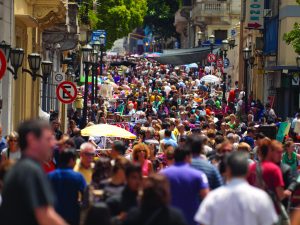
TR: Oh because the economy is going bad. And also traditionally when we think of these three different classes, it was based on the economy, on the financial situation, but now it also includes, say someone who had finished university, but has a low income. Or it could be someone who has got a higher salary and is earning good money.
JB: So when you get a job in Argentina is it something that you find for yourself or is it something the government assigns to you?
TR: No, you find it for yourself. And for example nowadays a lot of lawyers have told me there are just too many, and I was talking to a young fellow who is studying engineering, and he was saying that at the last year of the studies companies go to the faculties of the universities looking for them to offer them jobs because there are not too many.
JB: Do you consider the universities to be really good or how is higher education?
TR: Up until say 20 years ago the level was very good. It was high standards compared with anyone in the new world, but they went down.
JB: Due to economic issues?
TR: Um I don’t know. I don’t think it is just economic issues. It is just political.
JB: Political? Have you had changes in the government system in the past 20 years or changes in a prime minister that has made a difference?
TR: It is one and two, so it is one ruling for eight or twelve years. Then it is two coming into power and ruling for eight years, then going back to one. We’ve been like that since, I don’t know, the 1800s.
JB: Say that again. You’ve got one person ruling for twelve years?
TR: Not one person, no. One party. You have two main parties, there are two main parties.
JB: Oh, okay.
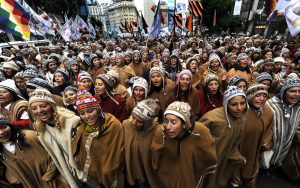 TR: So they alternate.
TR: So they alternate.
JB: And what are the names of the parties?
TR: Peronismo, that is from the 1940s.
TR: And the other one is Radicalis. They come from the 1800s and they started to counteract the ruling party.
JB: And the Peronismo group?
TR: [Peronism. Peronism or Justicialist Party] comes from Perón, Juan Domingo Perón, that was a person. He was in the military, Military from the soldiers.
JB: So the Peronismo group is more… is that more the people group? And then the ruling class is more the radicalist group?
TR: Mm-hmm.
JB: Okay. So which one is better do you think?
TR: None.
JB: None. And which one has been in power the last 20 years?
TR: We had a gap. There were twelve years with Kirchner as the president, and he set up enough guidelines to become a party. So they were in power for twelve years. Then it was the other one. It was not Radicalismo but in that line. They were for four years and now we are having back the Kirschenerismo the last four years.
JB: Now do they do what is best for the people? Or do they get orders from other maybe foreign interests that don’t care for the people’s interests?
TR: Yes.
JB: And has it always been that way or was there a time when Argentina was very wealthy in its ability to produce its own resources and take care of its people? We call it being sovereign. Being sovereign means that no one is controlling you. That you are self-sufficient.
TR: I don’t think we have ever been sovereign.
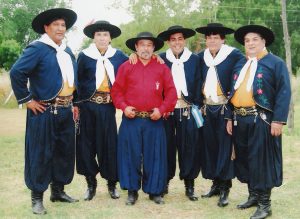 JB: Would you consider Argentina a poor country or a rich country?
JB: Would you consider Argentina a poor country or a rich country?
TR: A rich country.
JB: How so?.
TR: In resources, yes. But at school we are told that in 1810 there was the first application for freedom and in 1816 there was a petition to become a republic, but all of those that were the leaders in those situations were following instructions. That we were not told at school of course.
JB: Now it seems like I have read about mining in Argentina. So you say Argentina is very wealthy in resources but the foreign countries are coming in and getting it for very cheap. Now is that part of why there is protesting going on, because they want to make sure the people are getting enough for the resources in their area?
TR: It is a bit more complex than that. What is happening now started with the teachers, school teachers asking for a raise in their wages. I don’t know whether that started because it was their own doing or someone told them, ‘hey why don’t you,’ because the timing is very odd. And then when they were doing that some others came talking about the reform that the government here in the province wanted to do to the constitution. We have a national constitution and we have a constitution from the province. So the government here wanted to partially change the constitution. There was a reform, and in that reform, that reform affects everyone. So during the process from the school teachers they started asking for getting done the reform, and the main issue that they came up with was the people that, we call them the, the Originals, the ones that belong to the land here before the Spanish came, the Spaniards came, and so they started shouting for them. It is that that land belongs to them, and with the reform the government will have the right to do whatever they want.
JB: So the government in the province of Jujuy basically claims that the Originals don’t have right to their own land and these are the people that were there before Cortez. Okay, before the Spaniards fell from England. Interesting. So that’s what all this…so are people coming from everywhere to protest this or is this just in your province?
TR: Right now it is here in the province, which is a huge movement. It is amazing. And with time the government says okay teachers, we will pay you more but this is so evil. The teachers get paid and they pay taxes on that, so it is… I don’t know how to explain, but the government pays the teachers three pesos, but it is not enough because they need twenty to live. So the rest of the three to twenty they pay in black. They don’t consider it as though the government was paying. So the consequences of it is when the teachers want to retire the pension is based on the white wage, so based on the three, not the twenty.
JB: Okay. So when you say pay in black, that’s off the records.
TR: Off the records. Okay that’s the expression, off the records.
JB: So then they can’t retire.
TR: So when they retire, when they reach the age for retirement, they have to pay the government to be in white. They have to buy their retirement.
JB: What age do they retire?
TR: They retire early because of the kind of work. They retire at 58.
JB: Okay. Would you tell me what dating and courtship is like?
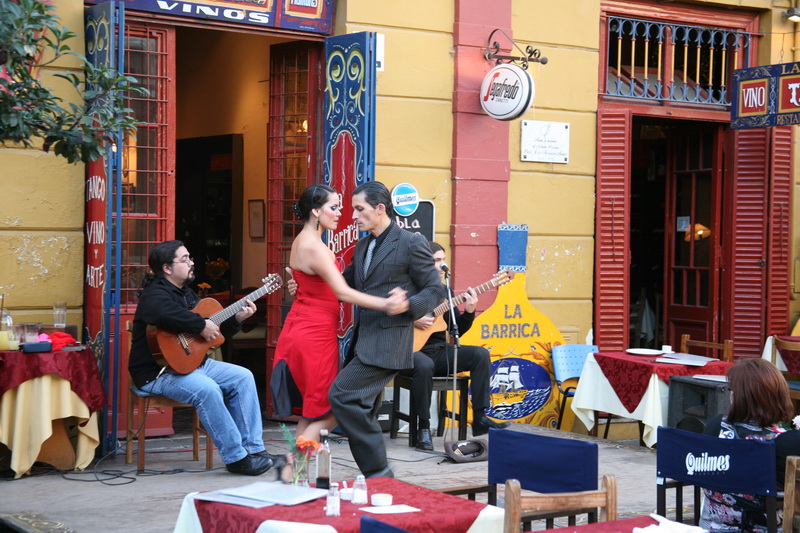
TR: What is it like?
TR: It has changed as well in these last perhaps 20 years, 15–20 years. It used to be that the boy came to the girl and asked for dating and it was like that and that’s for getting married. But now it is the woman who approaches the man, and the man doesn’t know what to do because it is something new for them. And now teenagers it is even luck, so it is anyone you like, a girl, a boy.
JB: Do the families weigh in on who the people marry? Do the parents help the children decide who to marry? Do the parents need to give permission or do people just choose for themselves?
TR: Hum, before it was more that the family decided or not accepting, but now it is more up to the kids. There are a lot of divorces as well.
JB: Do you have the community get together?
TR: No we don’t have that. It is more friends that you are meeting at school or work, but no not the community.
JB: What about holidays? Do you have any community holidays?
TR: Some people do but it is not popular, no. It has become more lately because parents have to work during the holidays, the school holiday. School holidays here go for three months in summertime. And if parents have to work they have to do something with their kids because they cannot stay at home. So there are these… they call it colonies.. So you send your kid to a colony and they stay there at least a half day. And they also have different activities.
JB: So are they fun activities or are they learning activities, or both?
TR: No they are fun activities, yes.
JB: We call that in America, we have summer camps of all different types.
TR: Okay. Yes, summer camps.
JB: What about language? What language do people speak?
TR: Spanish. Argentinian Spanish.
JB: And do you learn any other languages in school?
TR: Not in public primary school, no. In public secondary school there are five years, three years of one language and three years of another language. It would be like three years of English and three years of French, but the level is very low. Then the middle class people send their kids to study English in a private institute.
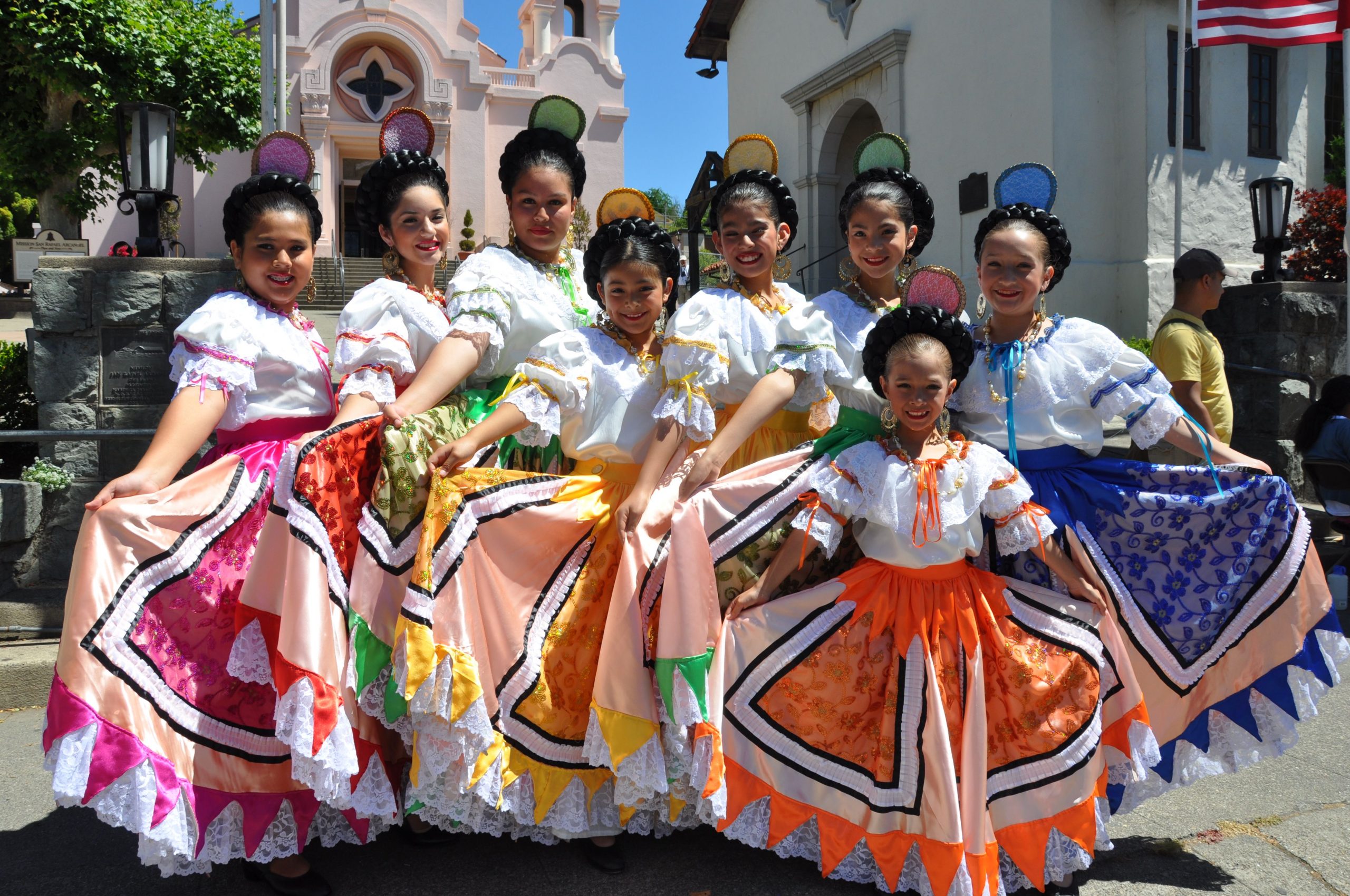
JB: What is the official religion?
TR: Catholic religion. I don’t know right now but it was in the constitution that the president, a person to become president of the nation had to be Catholic. We had one who was Muslim and he changed.
JB: Was that recently? You recently had a Muslim…
TR: 1990s.
JB: But it is in the constitution that you have to be a Catholic to be president, okay. Also, what is your favorite part about living in Argentina?
TR: Where I live I like the landscape.
JB: What landscape do you like?
TR: It’s mountains. I look through the window and I can see the mountains and it is the color of the sky. There is something in the sky that is very peculiar. I can’t find it in any other place.
JB: A peculiar color of blue or what?
TR: There is something there. I say the color but there is something there that is from here, and it is not the chemtrails.
JB: When children grow up do they usually stay in their communities or do they move away?
TR: It depends on the social-economic situation, like middle class people send their kids to study in another city because here we didn’t have university and then when we had university. There were only two or three careers, not many to choose from. Now that there are more, people tend to stay here. But the tradition is to go to another city.
JB: Now one question I have is the crops. What is farming like?
TR: In the forties, during the Second World War, they started to call us … How do you say in English the place where you store grain? (granary)
JB: Silos?
TR: No, a grain store. No. Well, we were called that place. So we were in a world where the grain can be farmed. We grow grain and we sell wheat mainly. There used to be corn and again this may be 40 years ago, 30–40 years. And soy.
JB: And what is your favorite in-season fruit?
TR: I have to say mango.
JB: Do you have cocoa trees in Argentina?
TR: No.
JB: No?
TR: Very few. If there are, there are not many. We have weather for that. We have weather for everything. We have weather for coffee as well, but we don’t have coffee.
JB: That’s a good topic as well, so what is the weather like?
TR: We have all sorts of weather because it is a long country, 4000 kilometers from north to south. Here we have a very dry kind of weather. The mountains where I am now are 1200 meters above sea level and going across to the east you have 120 kilometers, you go down to eleven, so in that area it is very green. It’s a jungle. Here it is drier and up 300 kilometers to the north it’s even drier. And here in the country we have pampas and you can grow whatever you want. And you have all the mountains across the west.
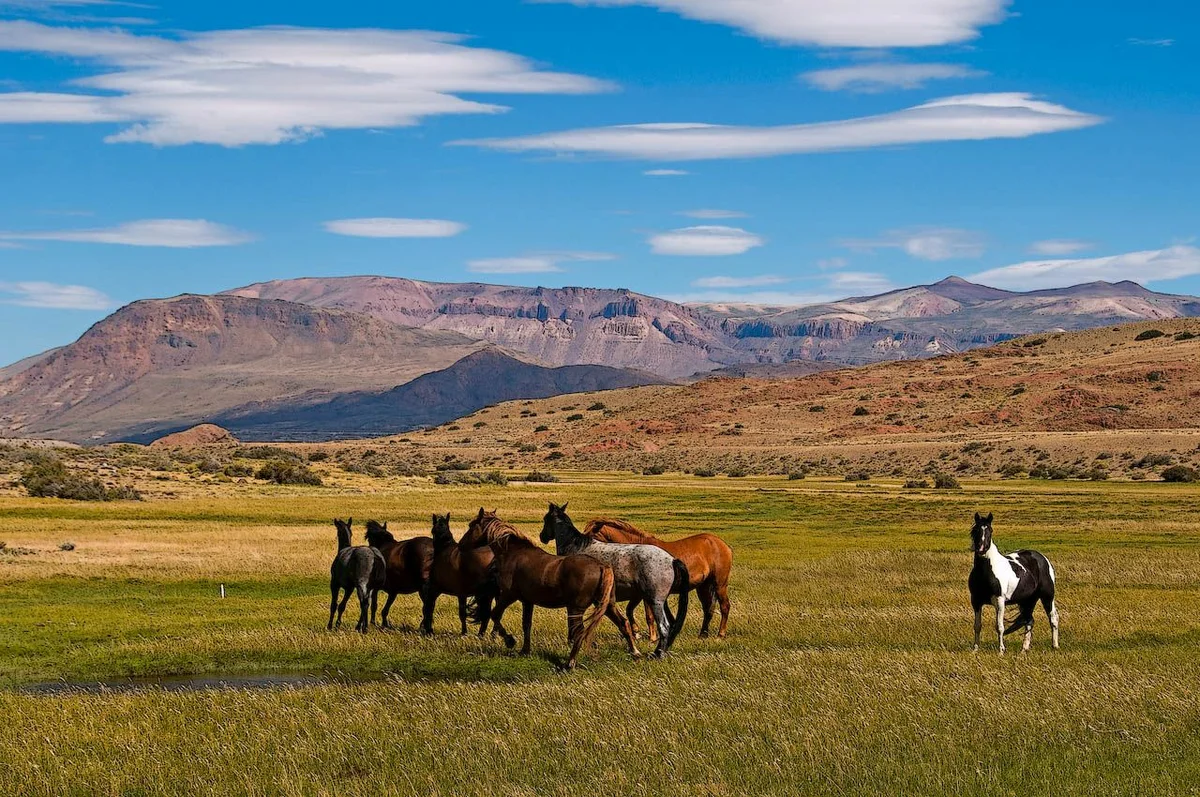
JB: So do you get cold winters or are the winters warm?
TR: Our winter is during your summer, so it’s cold now.
JB: Does it snow?
TR: Well that depends because here it is cold but it is dry so we don’t get snow. In the south it is with snow.
JB: Do you have any other things you want to share?
TR: I would like to highlight the social situation here. How the government is pushing down people with reform of the constitution and how strong and brave the people are behaving to stand for their rights, to standing up actually. They are making long walks. People are walking 200 kilometers to protest.
JB: Wow.
TR: They are standing up, you say about the cold weather. It’s winter here. One way of protesting is by closing the roads. They do not let people go, so they stop. Then they let them go of course.
JB: So when they stop people, does that mean they are putting them in prison or they are just not letting them go?
TR: They don’t let the cars pass.
JB: Okay.
TR: So people, from the people they go to the highway and stop the cars that are going by and trucks or buses.
JB: And that’s the government doing that, that’s the government trying to stop the protestors?
TR: That’s the government, yes. The government is trying to stop the protesting. And the protesting, I think part of the protesting is real. It is authentic. Part of it has been induced by other parties.
JB: Mm-hmm.
TR: …has been injected.
JB: Yes, so some of it is political, politically motivated to cause problems.
TR: Yes.
JB: And then part of it is real authentic people protesting.
TR: Yes, yes.
JB: Okay, well thank you so much. It has been a great interview. You gave me a lot of fantastic information.
TR: Thank you very much.
